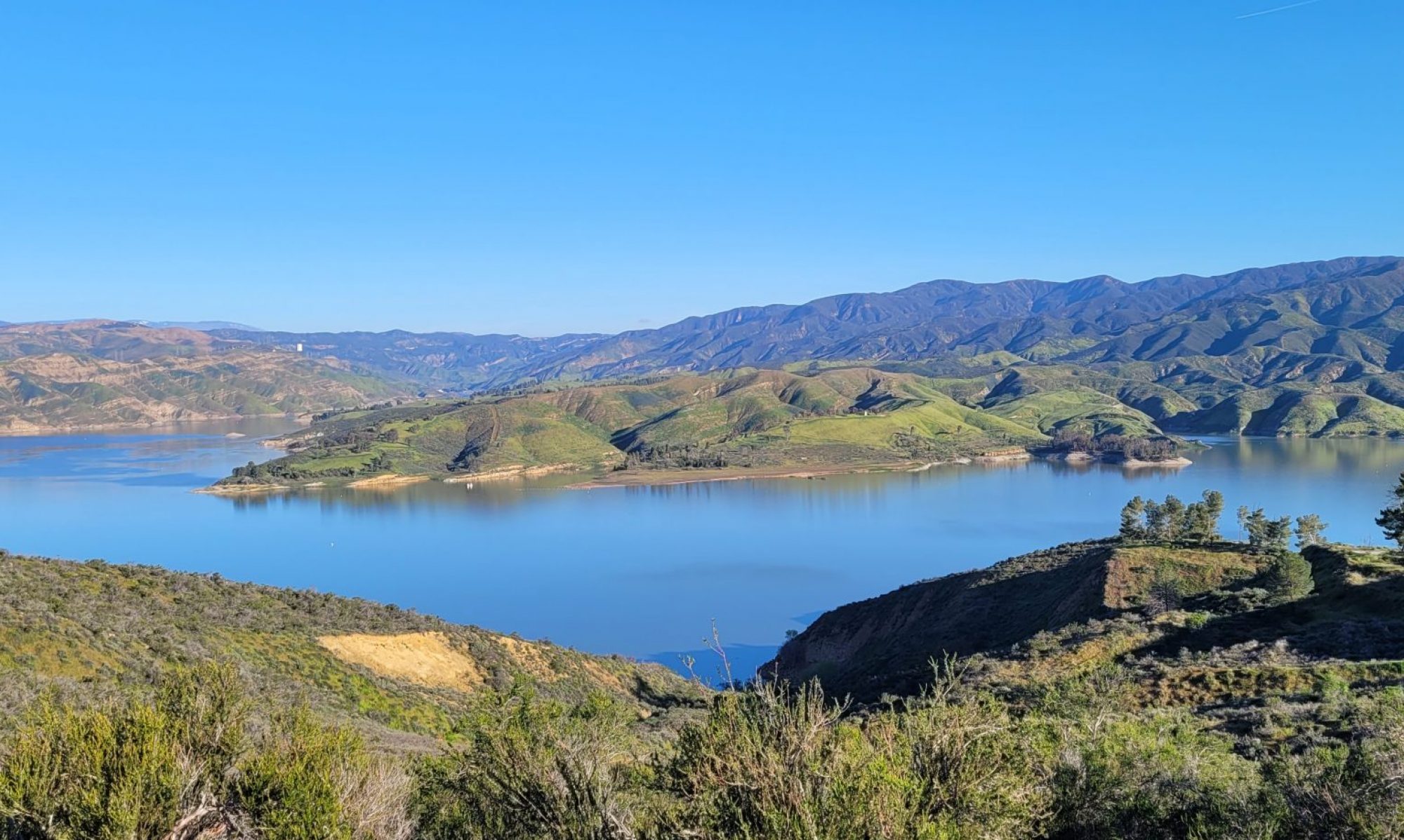The box was heavy, both because the man inside was large and because his passing made his bearers heavy of heart. Old Benjamin was a good neighbor, always one to help and share advice. He gave to everybody, though most of those standing around the muddy grave today were dark-skinned as he was. A good man and a religious one–he loved his Bible, as the preacher noted. “A little too much,” thought 12-year-old Elijah, sighing to hear yet another homily from the Old Testament. He scratched another circle in the mud with his toe, as Ben had taught him, a line equidistant around a center point. His eye wandered again over the tops of the trees in the gray October morning, watching the weak sun trying to peer through the clouds. Or, was that a glow? Then, he smelled the smoke.

Benjamin Banneker (1731-1806) was a mathematical genius, a polymath some would say, who taught himself astronomy and trigonometry and put them to work on his behalf. He was a surveyor who provided data for the layout of Washington D.C. He was a farmer who understood crop rotations and season fluctuations. He published six years of almanacs which were widely distributed across the mid-Atlantic states. He built his own clock simply from looking at the parts of a borrowed watch. And Benjamin Banneker was Black. He told Thomas Jefferson where to get off; Jefferson, apparently, didn’t like it.
Banneker’s story is so remarkable–so American in its expression of the pioneering spirit and search for freedom–that it’s going to take two posts to tell it. The more I started peeling the onion, the more there was to find. His family story is fascinating in its own right. There is also a mythology that has cropped up around him, where exaggerations have obscured the truth, and created a backwash of clarifications and reductions.
Then, there is the funeral. On the day he was buried, Banneker’s cabin with all his belongings was burned to the ground. Hard enough, for an intellectual Black man in 1790 to gain celebrity for his activities. Much harder, if most of the evidence is destroyed.
Continue reading “Benjamin Banneker, First Black American Intellectual: Part 1, Measuring the Past”


